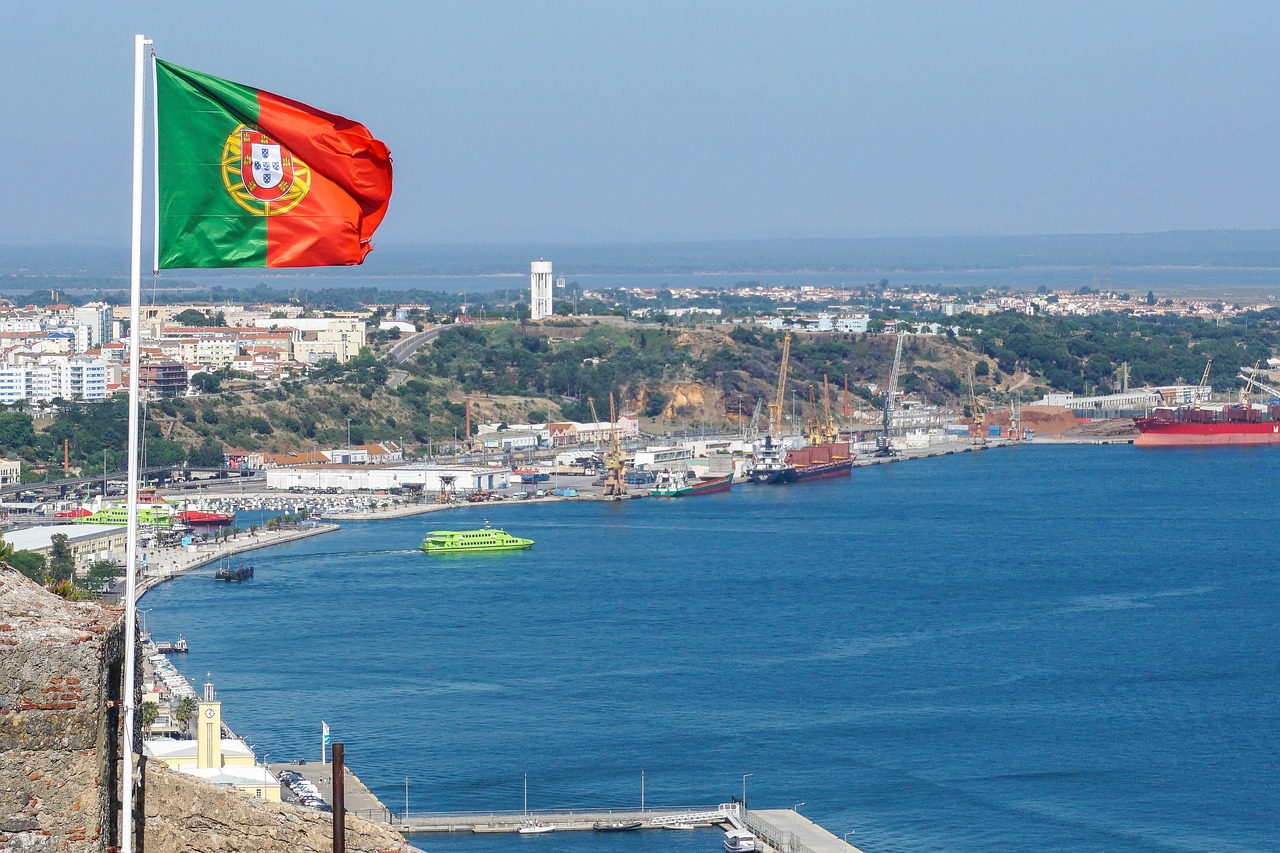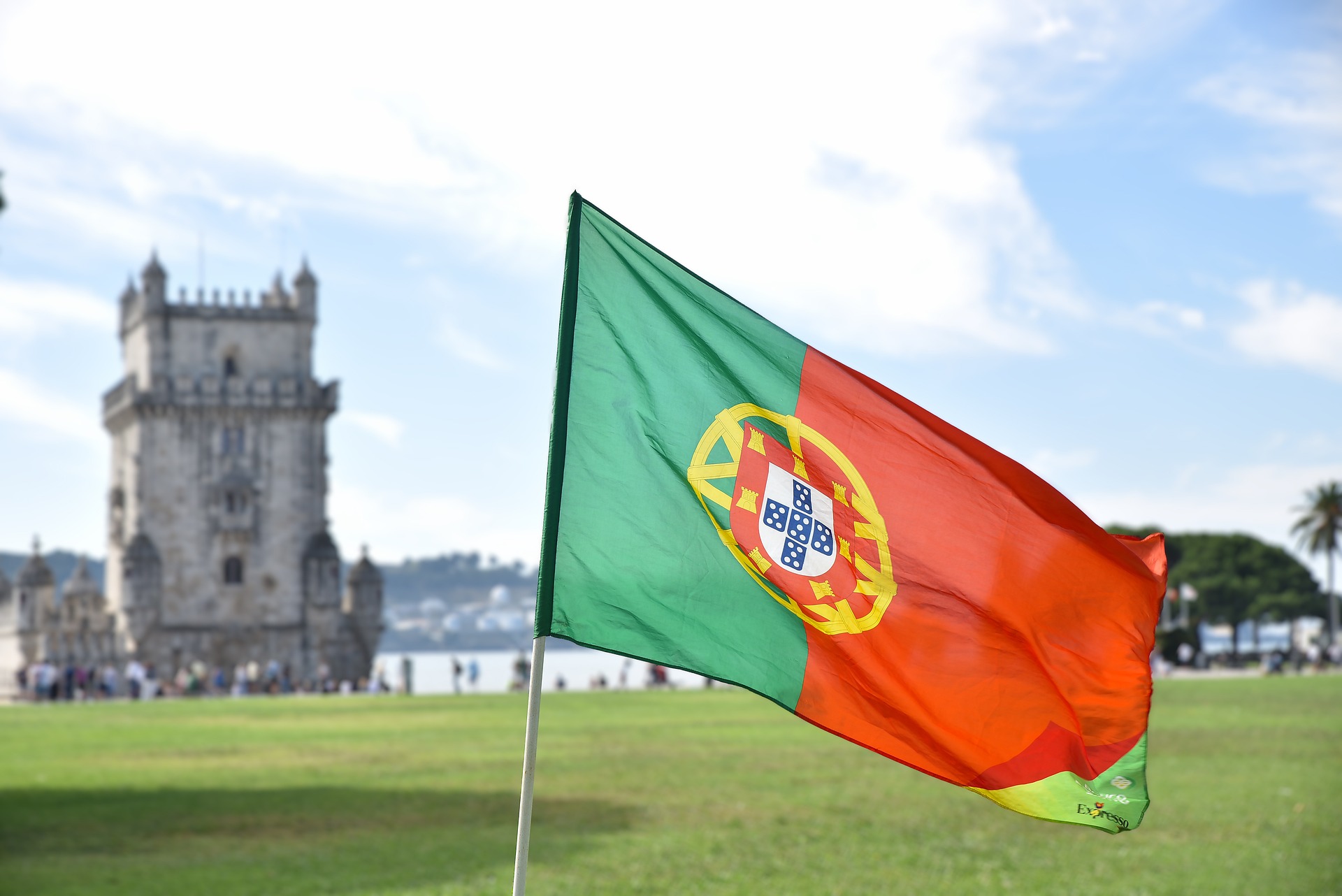Portugal, the southwesternmost country in mainland Europe, is a treasure trove of ancient history, diverse culture, vibrant economy, and enchanting landscapes. To present a thorough understanding of this country, this article dissects various data and statistics concerning its demography, geography, economy, health, education, and tourism.
Demography:
As of 2023, Portugal has a population of approximately 10.3 million people. The demographic distribution demonstrates a higher concentration of population in coastal areas, primarily in two major urban centers: Lisbon, the capital, and Porto, the second largest city. The median age in Portugal is 45.5 years, positioning it as one of the more aged societies in the world. The life expectancy, at birth, for the total population is 82.1 years – 79.3 years for men and 84.9 years for women.
Portugal’s fertility rate is low, sitting at 1.4 children per woman, below the replacement level of 2.1. Furthermore, Portugal exhibits a net emigration rate, with many Portuguese citizens, especially young professionals, leaving for other EU countries for better job prospects.
Geography:

Portugal occupies a total area of 92,090 square kilometers, characterized by diverse landscapes from mountains in the north to rolling plains in the south. It boasts a coastline that stretches 1,793 kilometers, much of it along the spectacular Atlantic Ocean. The highest point in Portugal is Ponta do Pico, reaching an altitude of 2,351 meters, located in the Azores archipelago.
Economy:
As of 2023, Portugal’s GDP stands at approximately $237 billion, with a GDP per capita of around $23,000. The service sector is dominant, accounting for nearly 75.8% of GDP, followed by industry at 22.2%, and agriculture at 2%. Portugal’s unemployment rate is currently around 6.7%.
Portugal’s top exports include cars, vehicle parts, and refined petroleum. The leading export destinations are Spain, France, Germany, the UK, and the US. Conversely, Portugal’s top imports are crude petroleum, cars, and packaged medicaments, with Spain, Germany, France, Italy, and the Netherlands being the main import partners.
Health:
Portugal has a robust healthcare system with a health expenditure that accounts for 9.1% of GDP. As of 2023, there are 4.1 physicians per 1,000 population, higher than the EU average of 3.6. The prevalence of adult obesity is 16.8%, significantly lower than the OECD average of 19.5%.
Education:
Education is compulsory in Portugal from ages 6 to 18. As per the latest data, Portugal has an average PISA (Programme for International Student Assessment) score of 501, slightly above the OECD average of 489. The literacy rate is nearly 96%, with higher literacy among younger generations.
Portugal invests around 5% of its GDP in education, with a larger portion dedicated to higher education. The tertiary education attainment for 25-34 year-olds stands at 36.6%, slightly below the OECD average of 44.5%.
Tourism:

Tourism plays a significant role in Portugal’s economy, contributing approximately 8.7% to the country’s GDP and employing 9.2% of the population. In 2023, Portugal attracted around 16 million international tourists. The most visited regions include Lisbon, Porto, the Algarve, and Madeira. Tourists are primarily drawn by the country’s rich history, beautiful landscapes, world-class beaches, and excellent gastronomy.
Portugal’s tourism sector earned about €16.3 billion in 2023, showing a steady recovery from the COVID-19 induced slump. The country’s primary source of tourists are the UK, Spain, France, and Germany. In recent years, there has also been a surge in visitors from the United States and China.
Infrastructure:
Portugal’s infrastructure is fairly developed, with about 98.1% of households having access to the internet as of 2023. The country has an extensive road network of about 68,732 kilometers, including 3,000 kilometers of motorways. Its railway network is also quite comprehensive, with a total of 2,786 kilometers of track, serving both passenger and freight transport.
Portugal has seven international airports, with Lisbon’s Humberto Delgado Airport being the largest, serving nearly 31 million passengers in 2023. Porto’s Francisco Sá Carneiro Airport and Faro Airport in the Algarve region also see a significant number of passengers, primarily due to the tourism industry.
Environment:
Portugal has made significant strides in its commitment to sustainability and combating climate change. As of 2023, Portugal produces around 60% of its electricity from renewable sources, primarily wind and hydropower. It’s worth mentioning that Portugal’s CO2 emissions have decreased by about 20% since 2005.
The country boasts 30 protected areas, which cover about 8% of the country’s total land area. These include 10 national parks and 20 natural reserves, showcasing Portugal’s commitment to preserving its rich biodiversity.
Conclusion:
Portugal, through the lens of data and statistics, presents a captivating narrative of a country that balances tradition with modernity. It’s a nation that has weathered economic turbulence and demographic challenges with resilience, continually reinventing itself to adapt to a rapidly changing world. It stands as a testament to the vibrancy of a small nation with a significant impact, which, as the data suggests, offers an exemplary model in areas ranging from healthcare to sustainability.
Sources: National Institute of Statistics Portugal, World Bank, OECD, World Health Organization, United Nations, Eurostat, CIA World Factbook, Pordata, Portugal’s Ministry of Economy and Digital Transition, Portuguese Environment Agency.


